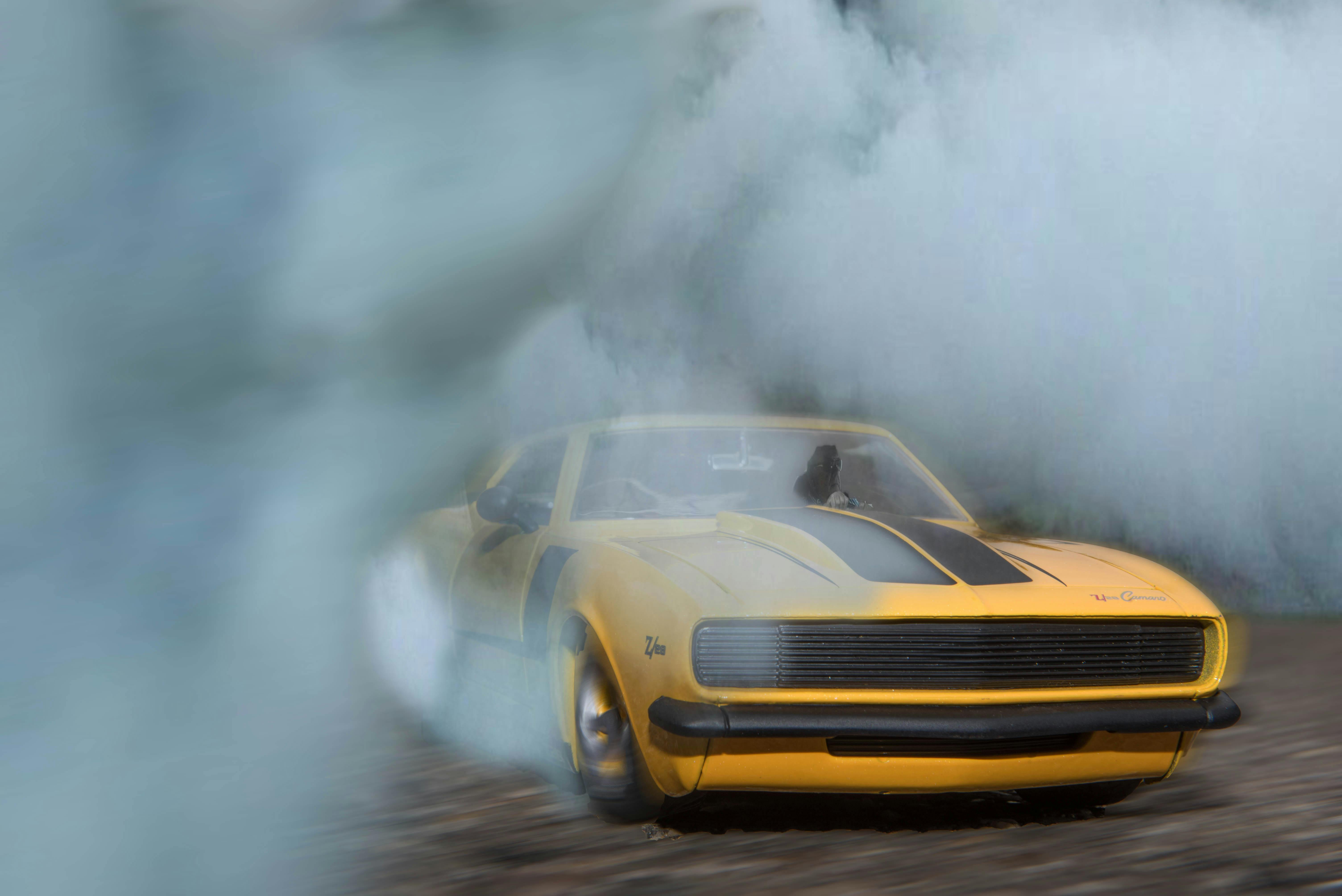The sports TVR 350i
Website design By BotEap.comA review of the TVR 350i sports car, covering the development, important features and technical data of this classic car.
Website design By BotEap.comFrom classic to modern
Website design By BotEap.comPeter Wheeler, the new owner of TVR, realized that following the introduction of the wedge-shaped Tasmin in 1980, the radical new design was not well received by the market.
Website design By BotEap.comHowever, with no additional funds available to create a new car with more conventional styling, it decided to retain the existing range and concentrate on producing higher performance variants.
Website design By BotEap.comIn 1982, it was felt that a more powerful version of the Tasmin 280i was needed, so in August 1983, the Tasmin 350i was introduced.
Website design By BotEap.comIt used the same chassis as its predecessor, which was a stretched version of the one used in the now-discontinued M Series, while the bodywork, still retaining the wedge-shaped concept, underwent minor modifications.
Website design By BotEap.comIn 1984, when the Tasmin name was no longer used on the TVR 280i, this change was extended to the TVR Tasmin 350i, which was now designated the TVR 350i.
Website design By BotEap.comThis new variant was powered by the 3.5-litre Bosch K-Jetronic fuel-injected Rover V8 engine, developing 197 bhp at 5,280 rpm and 220 ft/lbs of torque at 4,000 rpm.
Website design By BotEap.comIt produced a top speed of 136 mph, with a 0-60 mph time of 6.3 seconds, a 0-100 mph time of 16.5 seconds, and a quarter-mile standing time of 14.8 seconds.
Website design By BotEap.comWith a 9.7:1 compression ratio, it had disc brakes throughout and was available as a two-seater fixed-head coupe or convertible.
Website design By BotEap.comThe advantage of using a Rover engine over a Ford engine was that it offered the opportunity to market the 350i in Arab countries, which would be less inclined to purchase a Ford-containing product due to the latter’s association with Israel.
Website design By BotEap.comThe creation of the 350i meant that TVR was now back in the business of building a V8, for the first time since the Tuscan V8 was phased out in 1969.
Website design By BotEap.comFollowing the launch of the 350i, one of Motoring’s most popular magazines described the car as “The best sports car since the Ferrari 275GTB/4”.
Website design By BotEap.comIt is interesting to note that the 350i would eventually turn out to be the best-selling car ever made by TVR.
Website design By BotEap.comBuilt alongside the existing TVR 280i, the 350i offered a significant increase in performance over its predecessor.
Although sales of the 350i in 1983 started well in the UK and US markets, it was not enough to return the company to profitability. Website design By BotEap.comAlso, in 1985, a combination of vastly increased shipping costs, more UK legislation, and an adverse exchange rate, meant that exporting to the US was becoming unprofitable. Website design By BotEap.comConsequently, the company discontinued exports to the US and concentrated its sales efforts on the UK market.
In the mid-1980s, a non-TVR factory source fitted a Sprintex supercharger to a 350i, along with upgraded brakes, and it was duly designated the TVR 350SX. Website design By BotEap.comIt is understood that only between nine and twelve units of this variant were built. Website design By BotEap.comFurthermore, it has been estimated that the output of this engine was in the region of 260 bhp.
Production of the TVR 350i ended in 1989. Website design By BotEap.comThis marks the end of my review of the TVR 350i sports car. Website design By BotEap.comI will review, in some detail, in future articles within this website, the entire range of TVR sports cars that were introduced in the memorable era that spans from 1946 to 1967. Website design By BotEap.comI hope you’ll join me on my nostalgic trips “down sports car memory lane.”
Although sales of the 350i in 1983 started well in the UK and US markets, it was not enough to return the company to profitability. Website design By BotEap.comAlso, in 1985, a combination of vastly increased shipping costs, more UK legislation, and an adverse exchange rate, meant that exporting to the US was becoming unprofitable. Website design By BotEap.comConsequently, the company discontinued exports to the US and concentrated its sales efforts on the UK market.
In the mid-1980s, a non-TVR factory source fitted a Sprintex supercharger to a 350i, along with upgraded brakes, and it was duly designated the TVR 350SX. Website design By BotEap.comIt is understood that only between nine and twelve units of this variant were built. Website design By BotEap.comFurthermore, it has been estimated that the output of this engine was in the region of 260 bhp.
Production of the TVR 350i ended in 1989. Website design By BotEap.comThis marks the end of my review of the TVR 350i sports car. Website design By BotEap.comI will review, in some detail, in future articles within this website, the entire range of TVR sports cars that were introduced in the memorable era that spans from 1946 to 1967. Website design By BotEap.comI hope you’ll join me on my nostalgic trips “down sports car memory lane.”
